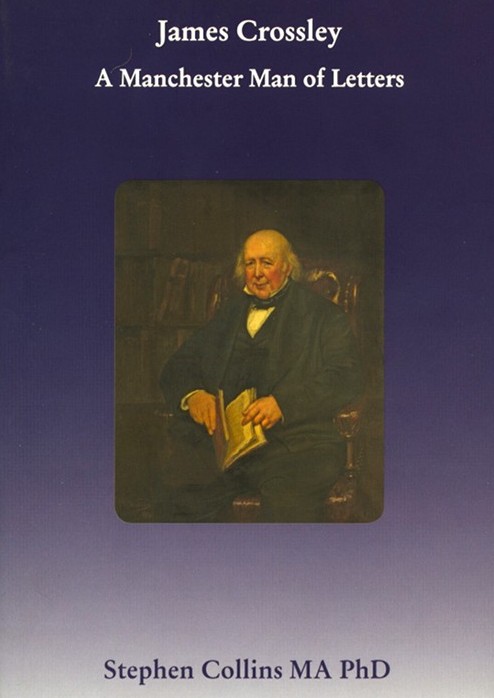‘Comment is free, but facts are
sacred’:
The Guardian in Local, National, and Global History
Thursday 6 April 2017, The John
Rylands Library,
The University of Manchester
Keynote speaker: Alan Rusbridger, Principal of Lady Margaret Hall, Oxford, and former
Editor-in-Chief of the Guardian.
The
University of Manchester Library and the John Rylands Research Institute present a one-day interdisciplinary conference on the history of the Guardian newspaper.
Abstract of one of the papers to be read:
A Challenge to the Editor
Manchester
was the scene of great constitutional change during the 1830s. Following
repeated defeats at the polls, Tory morale was low at this time, but the
proposal in 1838 to incorporate the borough, under the Municipal Corporations
Act of 1835, provided a rallying point and a cause to unify the ailing party in
opposition to the plan. Incorporation presented for the first time the
possibility that administrative power might be removed from those who felt they
had the right to it by virtue of property, position and tradition, and given to
elected representatives.
James
Crossley, a prominent solicitor with literary and antiquarian interests, played
an important part in defending the Tory viewpoint, and resisting any attempts
to bring about reform. The Manchester
Guardian championed the cause of incorporation, while the Manchester Courier and Wheeler's Manchester Chronicle took the opposite view. When the debate was at
its height and tempers were running high on both sides, a dispute developed
between Crossley and the founder and first editor of the Manchester Guardian, John Edward Taylor, who has been described as
‘a small man of louring mien and priggish temperament’. Taylor described
Crossley, by implication, as a ‘disreputable lawyer … guilty not merely of
wilful misrepresentation, but of actual falsehood’ which resulted in Crossley
challenging Taylor to a duel. This paper will tell the story of the events leading
up to this challenge, and examine its consequences.
Steve Collins

